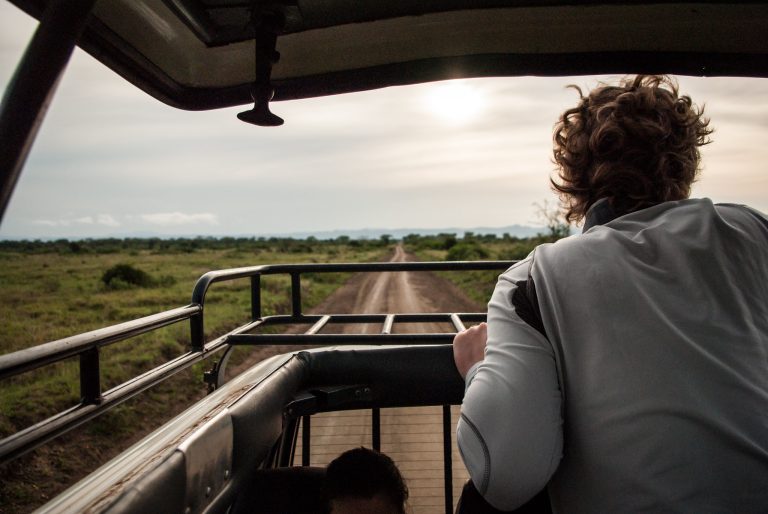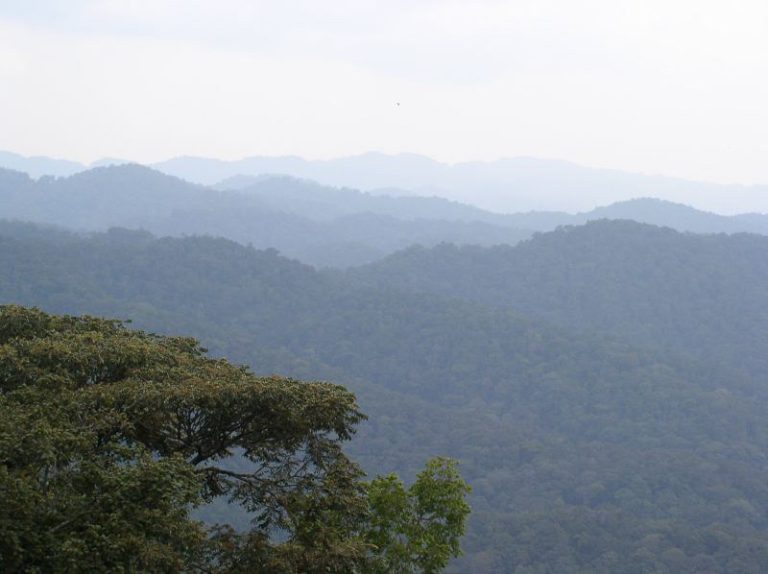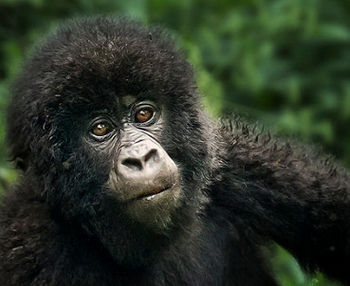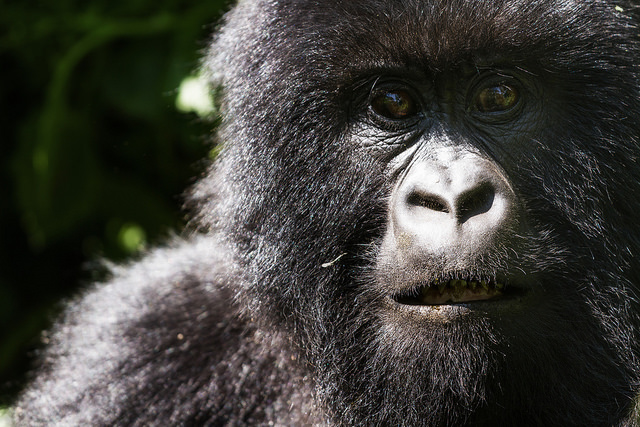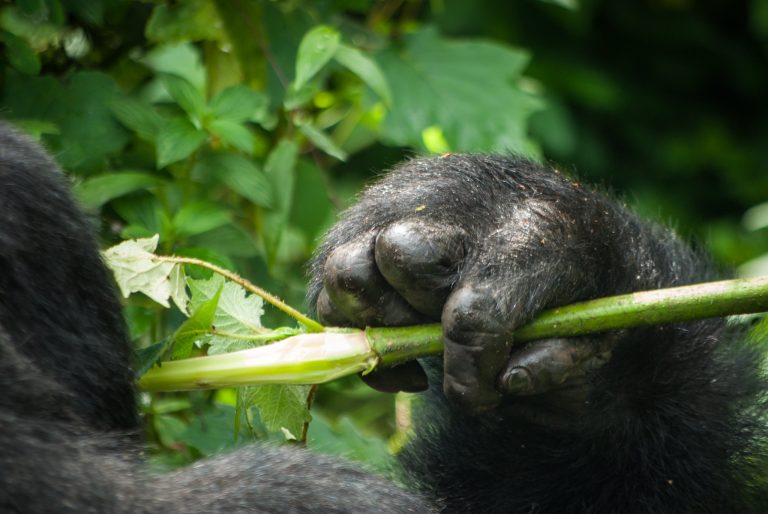After months of planning for your African safari, here comes a time of deciding what to pack for your safari. Things to pack for an African safari are somewhat different from those you park for the other trips you take.Traveling along dusty roads in a pop-up roof safari vehicle means that you’ll get dirtier than you expected. And because temperatures in Africa vary a lot throughout the day, also your itinerary involves different activities such as game drives, hikes, boat rides,and flights in bush planes among others.
Therefore you will need to know what exactly to pack and the weight of your baggage.Below are the things to pack for your African Safari.
-
Passport, Travel Insurance documents, Itinerary and e-Tickets
These seem obvious, but if we don’t mention it first we would be a remiss hence that is why we emphasize that you pack all those first, because you wouldn’t want to be disorganized at the airport when you forget anything.
-
Clothes and Accessories
Since safaris are usually causal affairs, this means that the best clothes to pack are the lightweight and loose-fitting, just to keep you cool and be able to dry up quickly in case of showers of rain. Therefore you can choose to leave your evening dress at home.
An estimated list of clothes and accessories includes;
- 2 long-sleeve shirts
- 3 or 4 t-shirts
- A pair of comfortable shorts
- A light-weight raincoat
- Cotton pants/trousers
- Sunglasses
- Swimsuit (Most camps and lodges have swimming pools)
- Safari sunhat and woolen hat
- Comfortable Sturdy hiking/walking boots and socks
- Money belt
- A pair of sandals (to wear around the camp)
- Warm jacket/Fleece
- Cotton light scarf or Bandana
- Underwear and Pyjamas (should be cotton, such they are easily dried after washing)
Top Tips: Neutral or dull colours are more appropriate for safari, colours like white and any other bright colours tend to stand out and are not practical, that is why they are absolutely not advisable on a walking safari. Also ensure the clothes are cotton.
Casual but comfortable clothes; apart from having clothes with neutral colours, ensure that all the clothes you have packed make you comfortable especially the trousers. Hiking boots are very important if you are to go for Uganda gorilla tours or hiking Mt. Kilimanjaro in Tanzania. Also it’s worth considering shirts with ventilation, newer quick-drying fabrics and trousers that are easily converted into shorts (this will lessen the number of trousers to carry).
Also ladies should ensure that they wear descent sports bras, since that will make them more comfortable as the venture through the wilderness on Africa’s bumpy roads.
-
Binoculars, Camera and Video
While heading to Africa for safari everyone will remember carrying the latest camera and phone also but a few think that they will need binoculars.
However binoculars are very IMPORTANT, a good pair of binoculars will make that big difference to your safari, truth is that all you get is the finest wildlife viewing experience. Make sure you purchase the most expensive pair you can afford. Binoculars (at least 8x or 10x magnification – they are very essential for wildlife viewing and bird watching.
And to the photographer, going to Africa with a camera(the type is based on the kind of photographer, his interests and how serious he is) is your dream come true. Africa doesn’t just offer boundless wildlife and birds in different sizes andshapes, butalso the continent is blessed with stunning landscapes withrolling hills, forested mountains, fabulous light, hospitable and colourful people! So you can’t miss out on this. Purchase a camera just in case you don’t own one.
Also spare camera battery, memory cards and chargers among other things you will need.
Electronic Devices
These are important because you will need to communicate with your people back in your country, also take photos to keep your memories from the safari, hence you will need the devices below.
- Laptop, Music, Phone, iPad or tablet
- Electrical adaptor
- Rechargeable torch
With all these gadgets, ensure that you pack their chargers and country-specific adaptor plugs.
Toiletries and First Aid
All lodges and Camps have basic first aid kits, also a number of safari vehicles have them on hand. But it is very important to carry your own supply of health and hygiene essentials like;
- Sunblock or Sunscreen
- Personal toiletries like soap, conditioner, shampoo,moisturizer, deodorants, toothbrush and toothpaste
- Sanitary products (ladies)
- After-sun cream
- Malaria pills (in case they are needed)
- Antiseptic gel (to wash your hands just in case there is no water near you)
- Contraceptives (if you are on the pill – you need its supply to)
- Medicines (pain killers like Tylenol or aspirin, diarrhea, cold and flu medicines)
- Band-Aids
Basically, you will need “meds’’ or “preventative pharmaceuticals” so don’t forget to pack some to be on a safer side just in case something happens: headaches, bites, diarrhea, sore throat, heartburn or indigestion, also eye drops are important, however the essential one of these are the anti-malarial tablets.
Hand Luggage
Most importantly ensure that you restrict your hand luggage to only one item because if you have more than one it makes travel much harder. Of course also a handbag qualifies as a second item! The hand luggage you carry should be just the size acceptable by the airlines you are using as a carry-on luggage.
To the photographer to lessen carrying many thing, make sure your camera bag has enough space where you could place your medicine prescription or glasses, travel documents, change of clothes and binoculars.
Also ensure that you double check and be mindful of the airline rules since they change frequently, this means that the restrictions on what to be taken or not to be taken on board in an aircraft are still followed – including for flammables, liquids and sharp objects among others.
Odds and Ends
You could pack other things such as a good travel journal or diary; use it to write down everything your experience and see in a short time during your safari, to keep a good record of the trip.
A good book is recommended – carry with an interesting book to read, this is because who knows whether you could be delayed as you connect from airport to airport, that could be a time to pull out your book to read as you wait for the next flight.
A Pointer (especially those in for bird watching), a good rechargeable torch (flashlight any type), travel map,
Pack for a Purpose
Most lodges, tour operators and safari camps support local communities, those around and inside wildlife reserves and parks. Just in case you are interested in supporting these people you could ask your safari operator whether you could pack any supplies to give to these communities (they could be school supplies, clothing or medication).
Don’t dress up in any kind of clothing that maybe taken to be “camouflage”. This we mean any cloth that is green/brown “combat style” coloring. Even if it is your 13 year old wearing it – or even if it’s your cap – and even if it’s the latest fashion statement. In most African countries authorities especially police might question or harass you on that type of dress code because of disproportionate phobia. In order to avoid or this which might being you grief, just don’t carry such clothes.
Do not carry or pack very expensive jewelry on safari. Carry only the items you probably wear daily, such as inexpensive earrings and necklaces, your wedding band. Try as much as possible to be minimalist.
In order to secure your luggage, if your suitcase doesn’t have its own locking mechanism, we would advise that you use one or more combination locks, this will secure your suitcase zips together.
The straps on your luggage can deter, unfortunately tampering with luggage at the airports still occurs, so take care. Also shrink-wrapping facilities at some airports are available.
10.Finally, Don’t forget patience, some common sense and your sense of humor
Check the weather conditions of your destination
Check online or ask your travel agent about the weather condition in the destination you will be heading to. Because you may not need any serious cold weather gear hence this lessens the number of luggage to carry. If you are going to countries which have temperatures dramatically when the sun goes down that drop during winter days – you will need a scarf, a beanie, gloves and a thick jacket!
During winter months from June to August, areas like the Okavango, Kruger, Linyanti, and Hwange are very cold and literally freezing in the late evenings and early mornings. And this is exaggerated by the wind-chill factor felt while looking for wildlife on a game drive in an open vehicle.
Time to Plan your Safari
We hope that all the tips given above help you to figure out all that you need to carry or not to carry for your African safari. You will not regret leaving anything behind or carrying things you wouldn’t have needed for your safari. When all you have packed is right, you are ready to go for this unforgettable experience in Africa.

